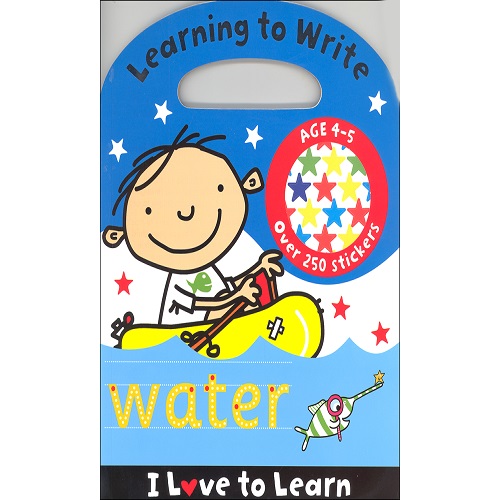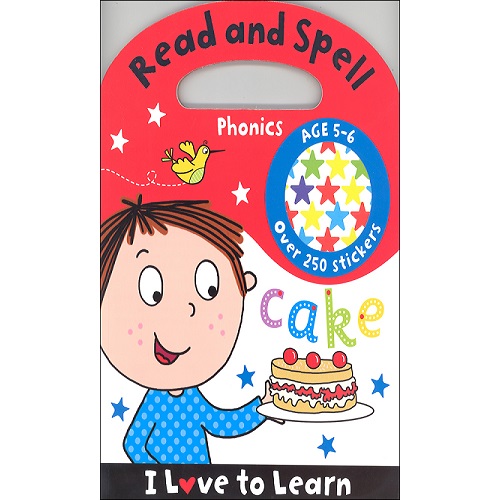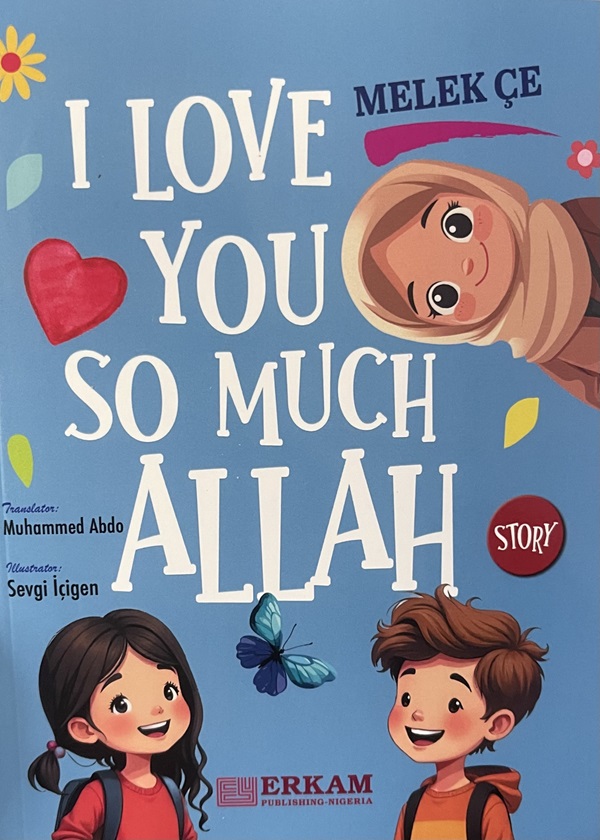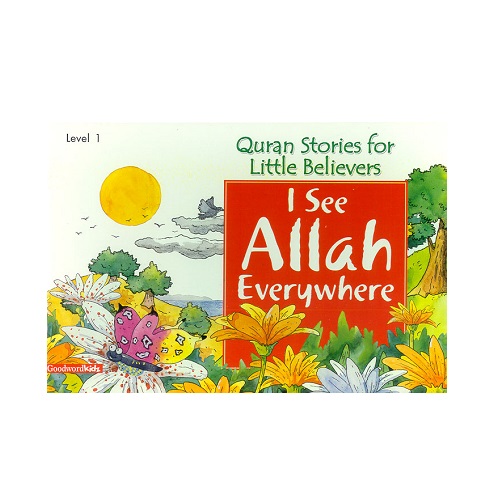-

-

-

-

I Love You Allah – Loving Series
₦1,500I Love You Allah iis the first book in the “Loving Series”
An English/Arabic Bi-lingual children’s book series that will teach children about Allah and the important people in their lives.
This book develops:
Tawheed – Allah conciousness, World recognition, Connection with the Arabic language, Appreciation for what Allah has given us.
Transliteration table included to assist non-Arabic readers
-

I Love You Grandma by Igloo Books
₦3,500Join Grandma Bear and her adoring grandchild as they share a bundle of love and adventure. From playing hide-and-seek and watching the clouds, to telling stories and gazing at the stars, spending time with Grandma Bear is the best!
-

I Love You So Much Allah
₦7,000Allah planted the magical seed of love in our hearts and it is this extraordinary feeling that brings us close to Him. The love we have for Allah is like no other—it’s even greater than the love we have for our moms and dads, our siblings and friends, the twinkling stars above and the blooming flowers that cover the earth.
-

I Love You, Dad (Daniel Tiger’s Neighborhood)
₦2,500Daniel Tiger wants to show his dad how much he loves him in this grr-ific padded board book based on Daniel Tiger’s Neighborhood.
Daniel Tiger is making something special for Dad. He knows making something from the heart is a very special way to say “I love you!” Little ones and their fathers will delight in reading this adorable book made for sharing.
-

I Say Collection With Nabil and Noura
₦7,000Learn words that are loved by Allah and give your good manners a boost.
Available in the set:
- I Say Alhamdulillah
- I Say As-Salamu’Alakyum
- I Say Bismillah
- I Say Mashallah
-

I SAY COLLECTION WITH NABIL AND NOURA
₦7,000The perfect set to familiarize your children with Islamic terms and make them daily expressions.
Featuring two new characters, brother and sister Nabil and Noura. Join them as they eat, drink, sneeze, play, read, greet and much more.
-

I See Allah Everywhere By Saniyasnain Khan
₦1,500By Saniyasnain Khan
ISBN: 8178982331
Author: Saniyasnain Khan
Publisher: Goodword Books (2003)
Pages: 16 Binding: Paperback -

-

I Shall Not Hate: A Gaza Doctor’s Journey on the Road to Peace and Human Dignity
₦3,500Heart-breaking, hopeful and horrifying, I Shall Not Hate is a Palestinian doctor’s inspiring account of his extraordinary life, growing up in poverty but determined to treat his patients in Gaza and Israel regardless of their ethnic origin.
A London University- and Harvard-trained Palestinian doctor who was born and raised in the Jabalia refugee camp in the Gaza Strip and ‘who has devoted his life to medicine and reconciliation between Israelis and Palestinians’ (New York Times), Abuelaish is an infertility specialist who lives in Gaza but works in Israel. On the strip of land he calls home (where 1.5 million Gazan refugees are crammed into a few square miles) the Gaza doctor has been crossing the lines in the sand that divide Israelis and Palestinians for most of his life – as a physician who treats patients on both sides of the line, as a humanitarian who sees the need for improved health and education for women as the way forward in the Middle East. And, most recently, as the father whose three daughters were killed by Israeli shells on 16 January 2009, during Israel’s incursion into the Gaza Strip. It was his response to this tragedy that made news and won him humanitarian awards around the world. Instead of seeking revenge or sinking into hatred, Izzeldin Abuelaish called for the people in the region to start talking to each other. His deepest hope is that his daughters will be ‘the last sacrifice on the road to peace between Palestinians and Israelis’. – See more at: http://www.bloomsbury.com/uk/i-shall-not-hate-9781408815625/#sthash.fATcysAf.dpuf
